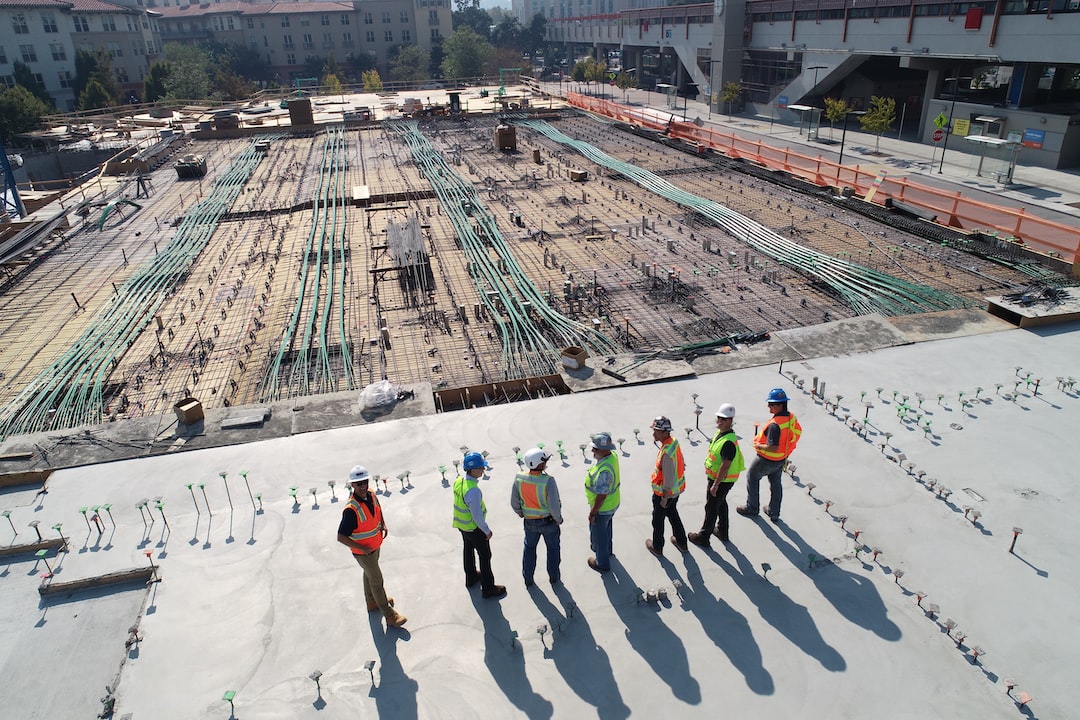The Intersection of Engineering and Artificial Intelligence
In recent years, artificial intelligence (AI) has become a buzzword in technology and engineering circles. AI has the potential to revolutionize various fields, and its intersection with engineering is particularly fascinating. The combination of engineering principles and AI algorithms presents limitless opportunities for innovation, automation, and problem-solving.
One of the most significant applications of AI in engineering is in the field of autonomous systems. Engineers are leveraging AI algorithms to develop self-driving cars, unmanned aerial vehicles (UAVs), and even robots that can perform complex surgical procedures. By integrating sensors, cameras, and AI algorithms, engineers are creating intelligent systems capable of making decisions and taking actions without human intervention. This intersection of engineering and AI not only promises to transform transportation and healthcare but also has implications for enhancing safety, efficiency, and precision in various industries.
Another area where AI and engineering meet is in the realm of big data analysis. Engineers now have access to vast amounts of data that can be leveraged to make more informed decisions and optimize processes. By utilizing AI techniques such as machine learning, engineers can analyze data patterns, identify trends, and make predictions for future performance or behavior. This integration of engineering and AI enables more efficient resource allocation, predictive maintenance, and improved overall system design.
Moreover, AI is a valuable tool for optimization in engineering. Whether it is optimizing the design of a structure, an industrial process, or an energy system, AI algorithms can assist engineers in finding the best solution. By simulating and evaluating numerous design possibilities, engineers can quickly identify the most efficient and cost-effective options. The combination of engineering knowledge and AI algorithms creates a powerful synergy that can lead to groundbreaking innovations and solutions.
The intersection of engineering and AI also has the potential to drastically enhance the field of healthcare. AI algorithms can be trained to analyze medical images, detect anomalies, and assist radiologists in diagnosing diseases. Additionally, AI-powered robots can perform delicate surgeries with a higher degree of accuracy and precision. These advancements have the potential to improve patient outcomes, reduce medical errors, and alleviate the workload on medical professionals.
Another exciting aspect of the intersection of engineering and AI is the development of smart cities. Engineers are using AI algorithms to analyze data from various sensors and devices placed throughout a city to make intelligent decisions about traffic flow, resource management, and energy consumption. By harnessing the power of AI, engineers can create sustainable and efficient urban environments that improve the quality of life for residents.
Despite the many opportunities presented by the intersection of engineering and AI, there are also challenges that need to be addressed. Ethical concerns surrounding AI algorithms, such as bias and privacy issues, need to be carefully considered and regulated. Additionally, there is a need to educate engineers on AI concepts and ensure they have the necessary skills to integrate AI into their work effectively.
In conclusion, the intersection of engineering and AI holds immense potential for innovation, automation, and problem-solving. From autonomous systems to big data analysis, and from optimization to healthcare and smart cities, AI is revolutionizing the field of engineering. However, as with any transformative technology, it is crucial to approach it with caution, addressing ethical concerns and ensuring proper education and expertise. The convergence of engineering and AI has the power to shape the future in unimaginable ways, and engineers are at the forefront of this exciting journey.


